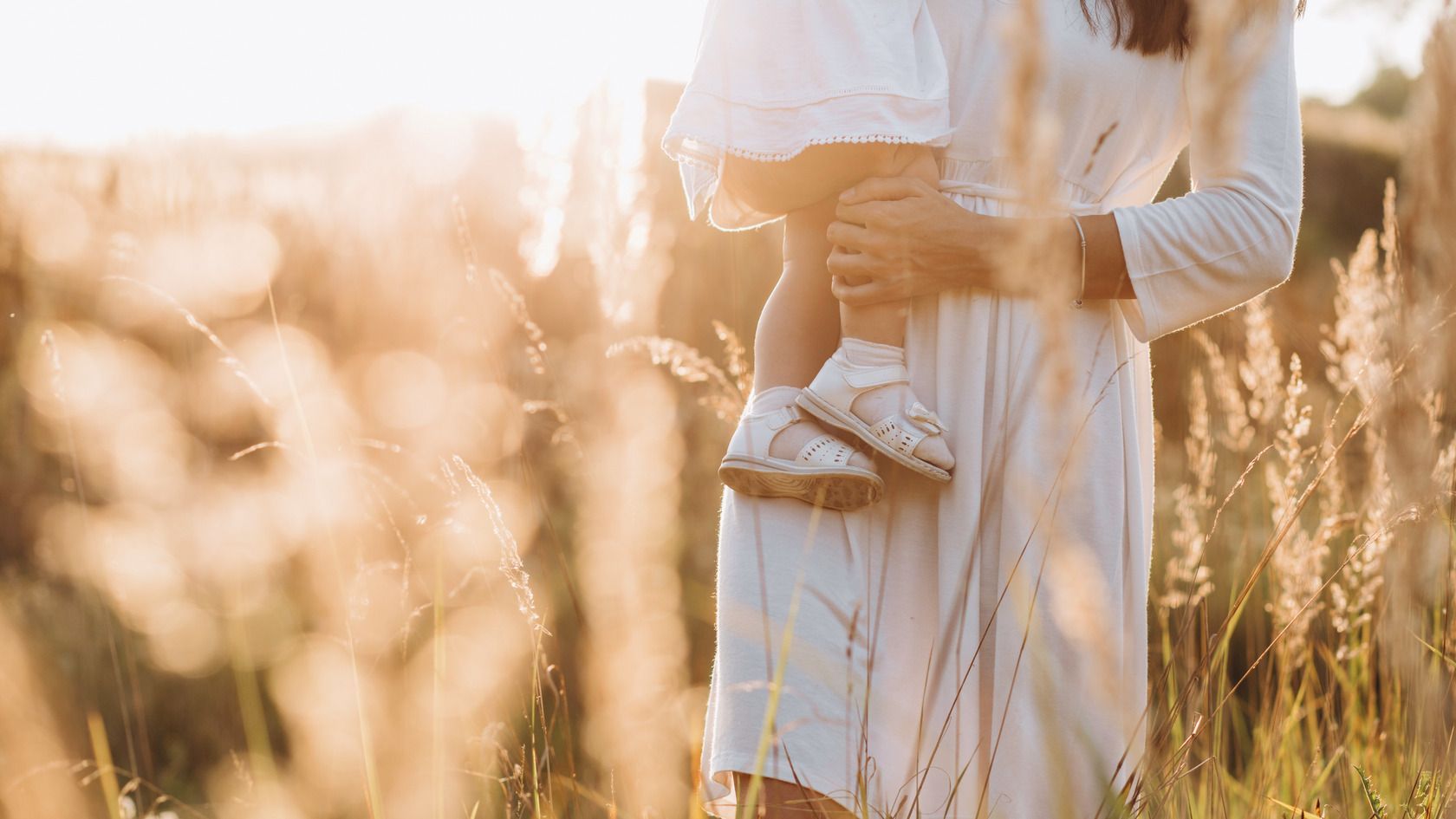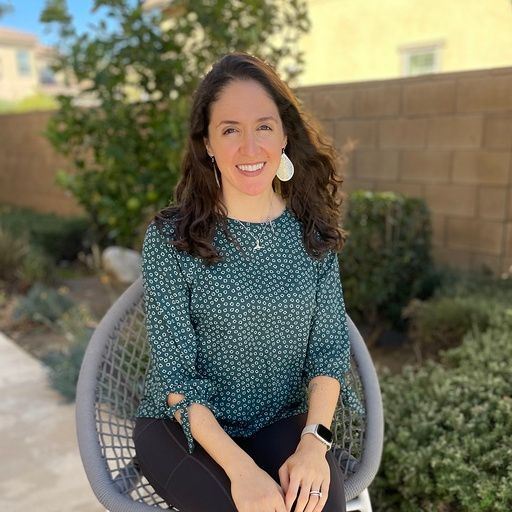The Effects of Chronic Parental Stress and How Empowered Parenting Can Help

On August 28th, 2024, U.S. Surgeon General Vivek Murthy released a Surgeon General’s Advisory on the chronic stress of parents, highlighting the urgent need to better support families and communities. Parenting has always been a hard job, but we are living in an era of “intensive parenting” whereby parents feel responsible for keeping their kids constantly enriched and engaged so they can optimize the outcomes of their future success. Much of this parenting is rooted in deep fears that kids won’t have what they need to succeed in this competitive society.
So, we have pushed academics and competitions younger and younger to help kids “be the best.” It starts early – even while they are in the womb, it is considered normal to try things like playing Mozart music to increase their intelligence and optimize their success.
Research trends continue to highlight the importance of childhood experiences and their impact on development and adult outcomes. The clearer this research becomes, the more pressure there is on parents to “get it right.” To add to the stress, social media is filled with parenting experts telling parents how to do the job of raising their kids, which reinforces the anxiety parents feel. Parents constantly chase “better” and being “enough” for their kids.
We are in an era where parents no longer know how to trust their instincts. To make matters even more complicated, women are confronting the challenging implications of being both a responsible and loving mother in these intensive parenting times while pursuing a fulfilling career. It’s no wonder we are all so stressed.
So what do we do with all this?
Well, first, we take a deep breath. We sit with the overwhelming feelings—the guilt, fear, shame, grief, confusion, and impulses to avoid, fix, and immediately solve. Then, we come up with strategies that are not based on reaction or panic. We come up with strategies based on creativity and empowerment.
We can consider the implications of this advisory from many different perspectives. Most of the proposals for action are being discussed at a systemic level. We are going to focus here on an individual parenting level. Here are two big ideas for consideration as you consider the implications of this Advisory for yourself and your family.
The first is:
How do we lower our levels of stress as parents?
This time of intensive parenting comes with heavy responsibility as we try to stay engaged with our kids and prioritize their health and success above our own. While this is a great time of responsibility for parents, we can find more balance. We can prioritize our needs for space, social time, sleep, and recharge in whatever ways that means for us. We can notice when our guilt arises and breathe through it without letting it take over.
Our well-being affects our leadership abilities, so if we are struggling with overwhelm, guilt, and chronic stress, we can’t
parent with intention from our visions & commitments. Instead, we are then living from a place of survival. The irony here is that if the research (showing how important parenting is) causes more stress and overwhelm, it makes parents less likely to be able to implement and grow.
Some ideas for actions you can take:
- Ask for help. Map out your ‘village’ – who do you have that can help you? Are you part of communities with other parents? How can we offer each other more help? We can get creative about what kind of help we ask for and how we ask for it.
- Become part of the same team with all caregivers, parents, and teachers. Instead of blaming, criticizing, and judging each other, how can we become part of the same team? How can we come together and support each other while we all do this heavy and hard work of helping our kids?
- Look at your levels of stress. Where is the most and least stress in your life? Can anything be prioritized, reshuffled, or reconsidered? If not, are there moments/routines you can build into your day to add more presence and slowness and invite more calm and connection?
- Define how you recharge. Many of us don’t know what recharges us. We are so used to using distraction coping mechanisms like screens and shows on Netflix. But does it truly recharge us? Look at yourself and your life and define what ways truly recharge you. What ways help you feel more peaceful and resilient when handling stressful moments?
- Consider your engagement with parenting content. Do you have a healthy relationship with all the content you see on Instagram? Or is there room to declutter and hold boundaries for yourself, like turning off your phone at a certain time?
- Define your values. What are YOUR family values? In what ways are you aligned with those, and in what ways are you not? This isn’t an invitation to drown in guilt and shame in all the ways you are failing. It is an invitation to get clearer with expectations, intentions, and opportunities. What areas could use a little more love and support? Are there any small steps or changes you can make toward creating more peace and less stress in your family?
The second idea to consider is:
How do we adapt and expand our capacity to handle more stress?
If it’s true that parenting is going to involve more heavy lifting, patience, and responsibility in the coming generations as we evolve, then we need to build resilience, strength, and courage. We can learn skills like feeling our feelings, becoming more present in our parenting, cultivating more internal safety, and working with our perception of stress. We do this through awareness and the practice of working with our minds and bodies.
Some ideas for where to start:
- Develop a relationship with your nervous system. Get to know yourwindow of tolerance(the capacity you have for handling stress) and begin to practice skills that can help you expand it.
- Build safety internally by practicing mindfulness techniques. These can include big practices like yoga and meditation and can also include everyday small moments. When something good happens, do you take your time to feel the celebration? To savor the moment? When you see something that makes you smile or feel peace, do you allow your full attention to be placed there and to feel it deeply? We can take small moments to cultivate a sense of peace and safety.
- Learn to feel. We can learn how to allow more of our feelings to be present. Many of us were told as children to “stop crying” or to diminish our feelings with words like “you are being dramatic.” So many adults are disconnected from their feelings. Feelings are natural human tools for letting us know what is happening to us. We want to teach our kids how to use emotional intelligence, and it goes beyond teaching them emotional words. It reflects in our leadership how comfortable we are with our own feelings and how much we allow ourselves to feel. Dr. Daniel Siegel says, “Feel it to heal it.”
This is the work we do at Jai Institute for Parenting. We train Parent Coaches to support parents in building these skills to handle more stress. Our Parent Coaches are trained to equip parents with more support, courage, patience, and resilience to handle the challenges of parenting in the modern day. We don’t prescribe to a particular type of parenting; instead, we invite parents to learn The Empowered Parenting way, which leaves so much room for compassion, understanding, and autonomy.
In the great words of our Director of Education, Rebecca Lyddon:
“We need community conversations and spaces to hold the epic nuance of this warrior-level task that we are committed to. We need realistic horizons in addition to idealistic visions. We need a space to be honest and to fully feel the beautiful burden and indescribable honor it is to be the one to end or soften painful parenting patterns, once and for all. As parenting coaches, this is the essence of what we do.”
You can read more of Rebecca’s book here.
This is the community you get to be part of in Jai's Parent Coaching program where you can learn more about empowered parenting and how it can transform your family's life.
If you are interested in finding a Parent Coach, you can look through our Coaches Directory.
Meet Your Author, Marissa Goldenstein
Marissa Goldenstein, a Jai Certified Master Parent Coach, is devoted to guiding parents toward mindfulness and joy in their parenting journey. Marissa demonstrates a proven commitment to innovative education, having a history as a co-founder of a visionary elementary school that focused on cultivating changemakers through curiosity, connection, and community. Leveraging her MBA and an MA in Experimental Psychology, she seamlessly integrates both business and human development insights into her coaching practice.
Beyond coaching, Marissa embraces mindfulness in her own parenting alongside her partner and their two sons, engaging in family dance parties and adventurous learning experiences whenever possible.
http://marissagoldenstein.com
Share This Article:
Curious for more?














